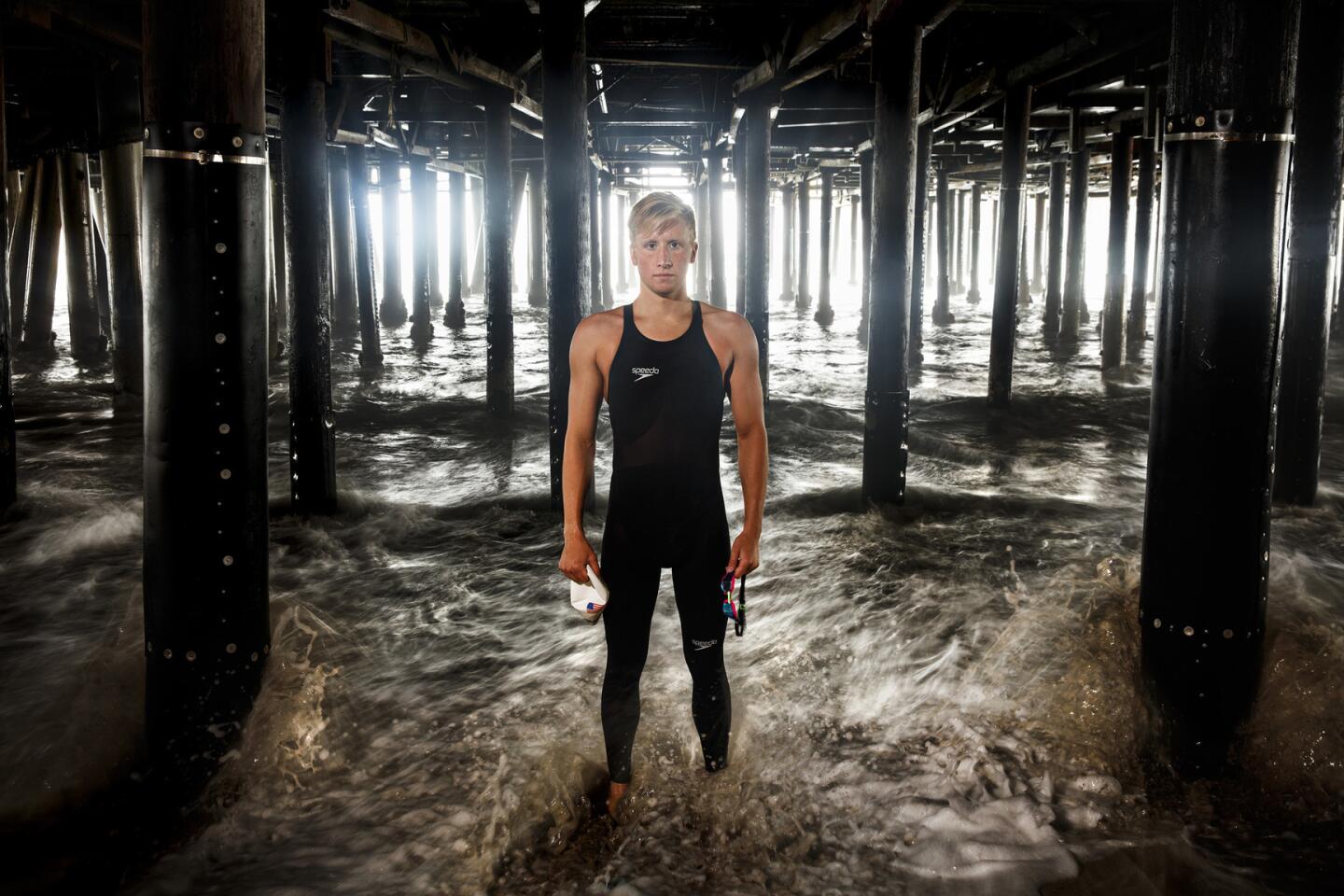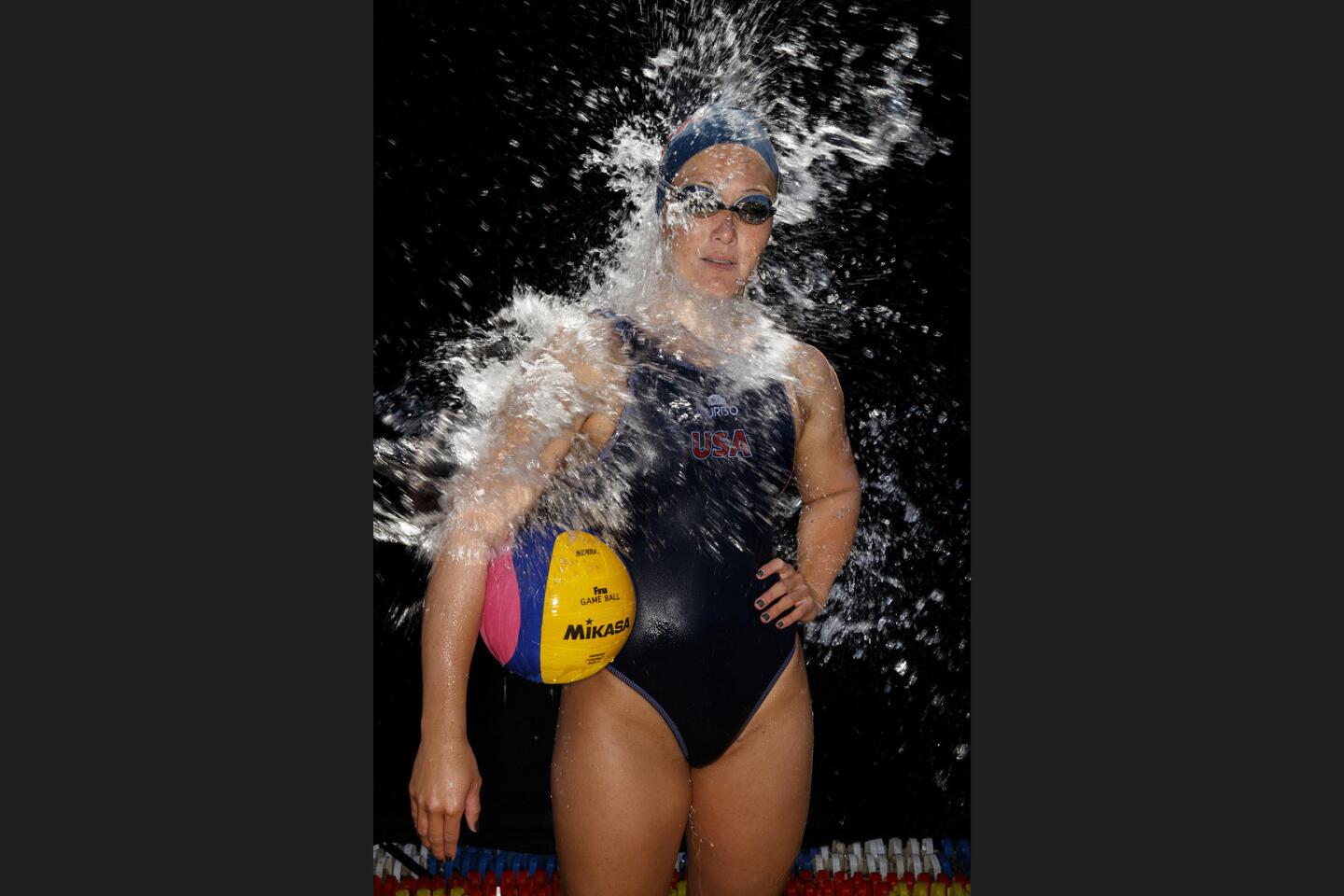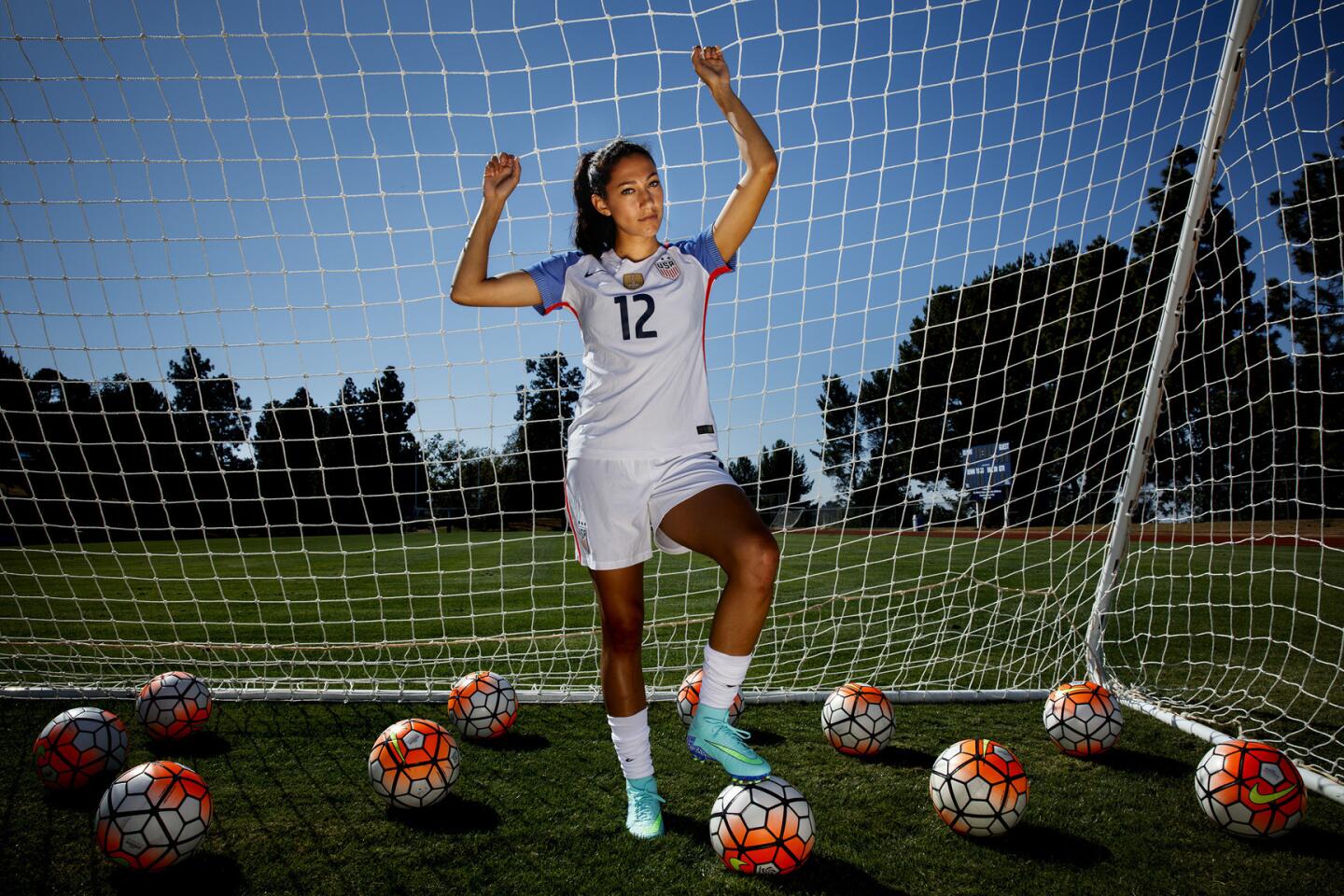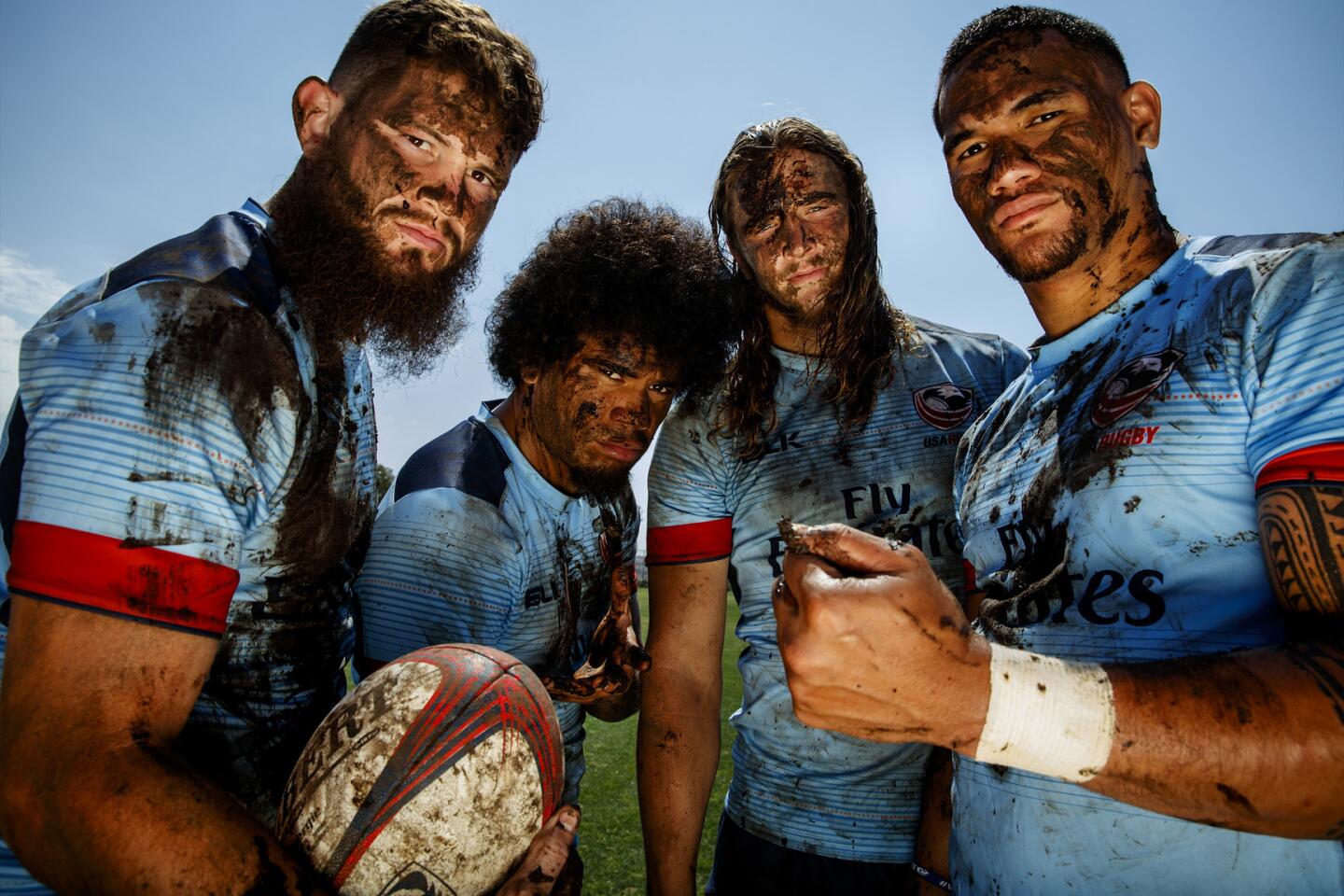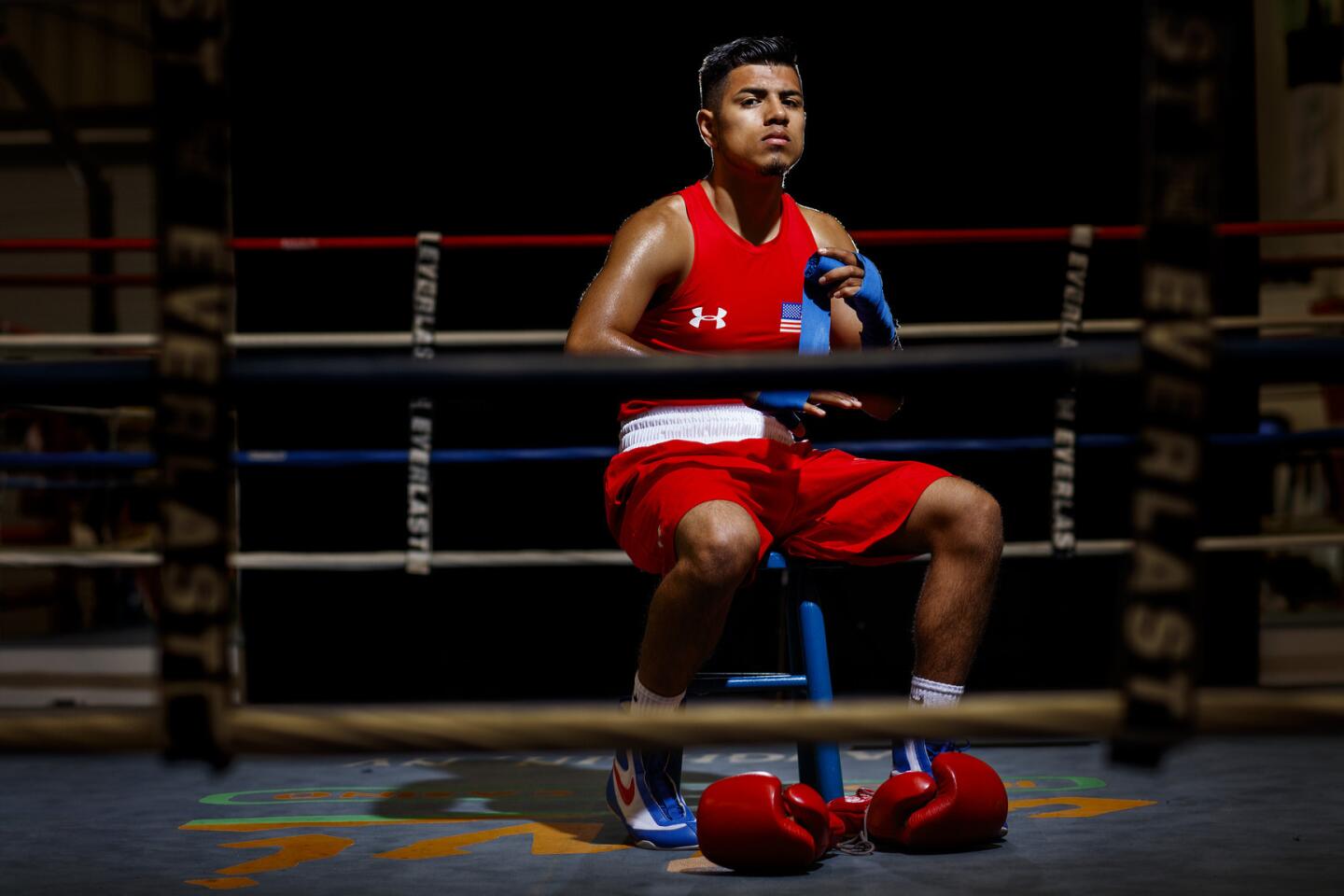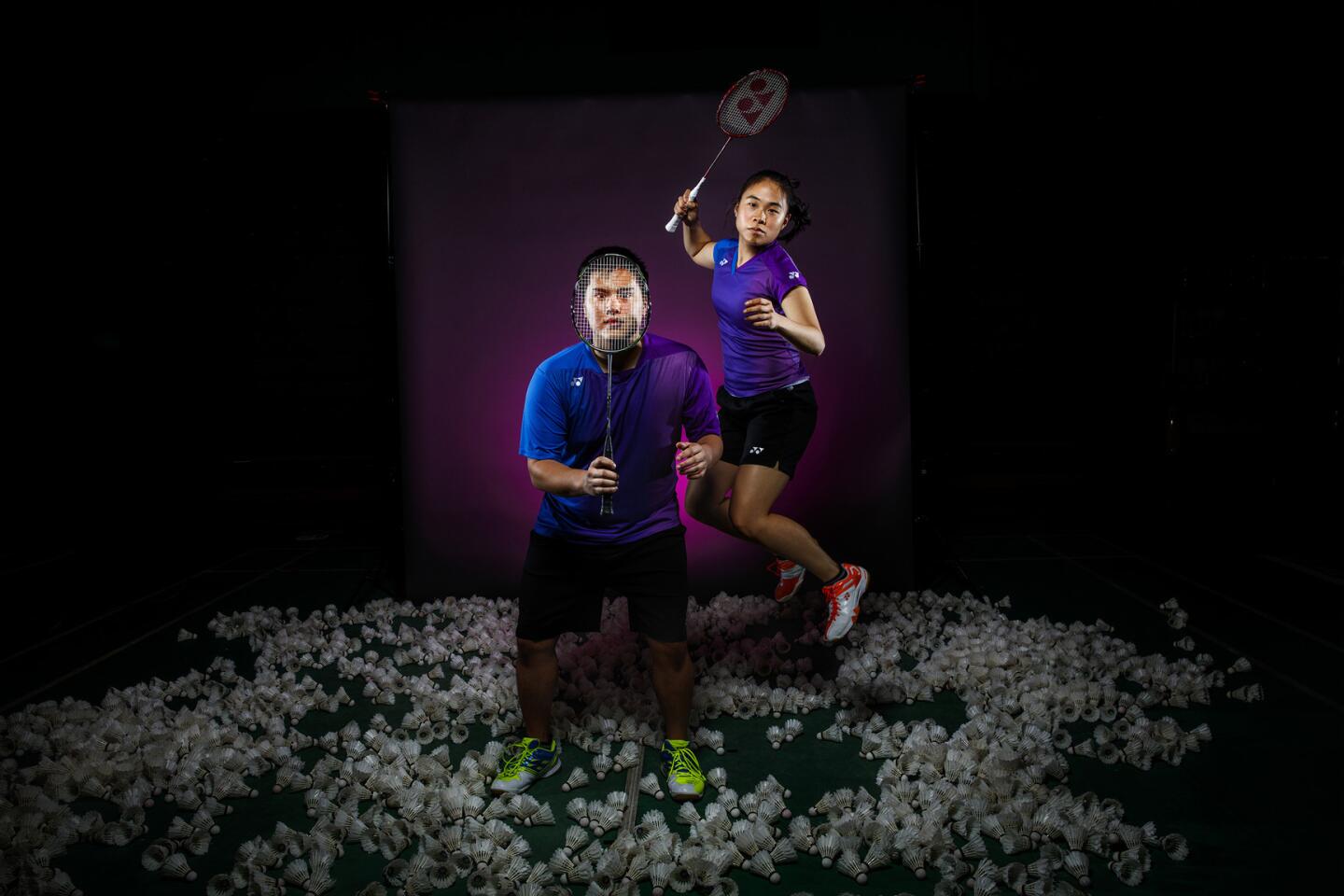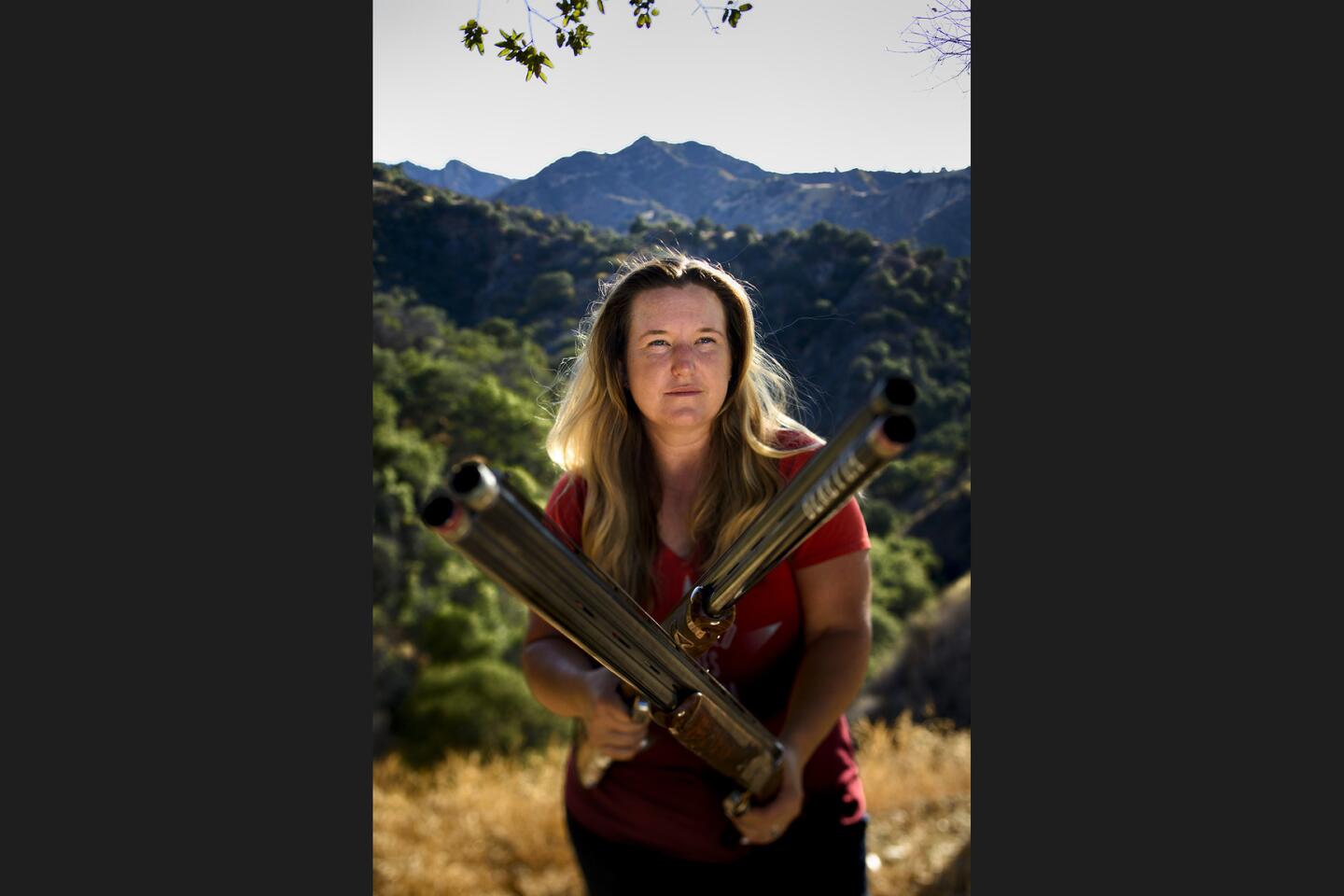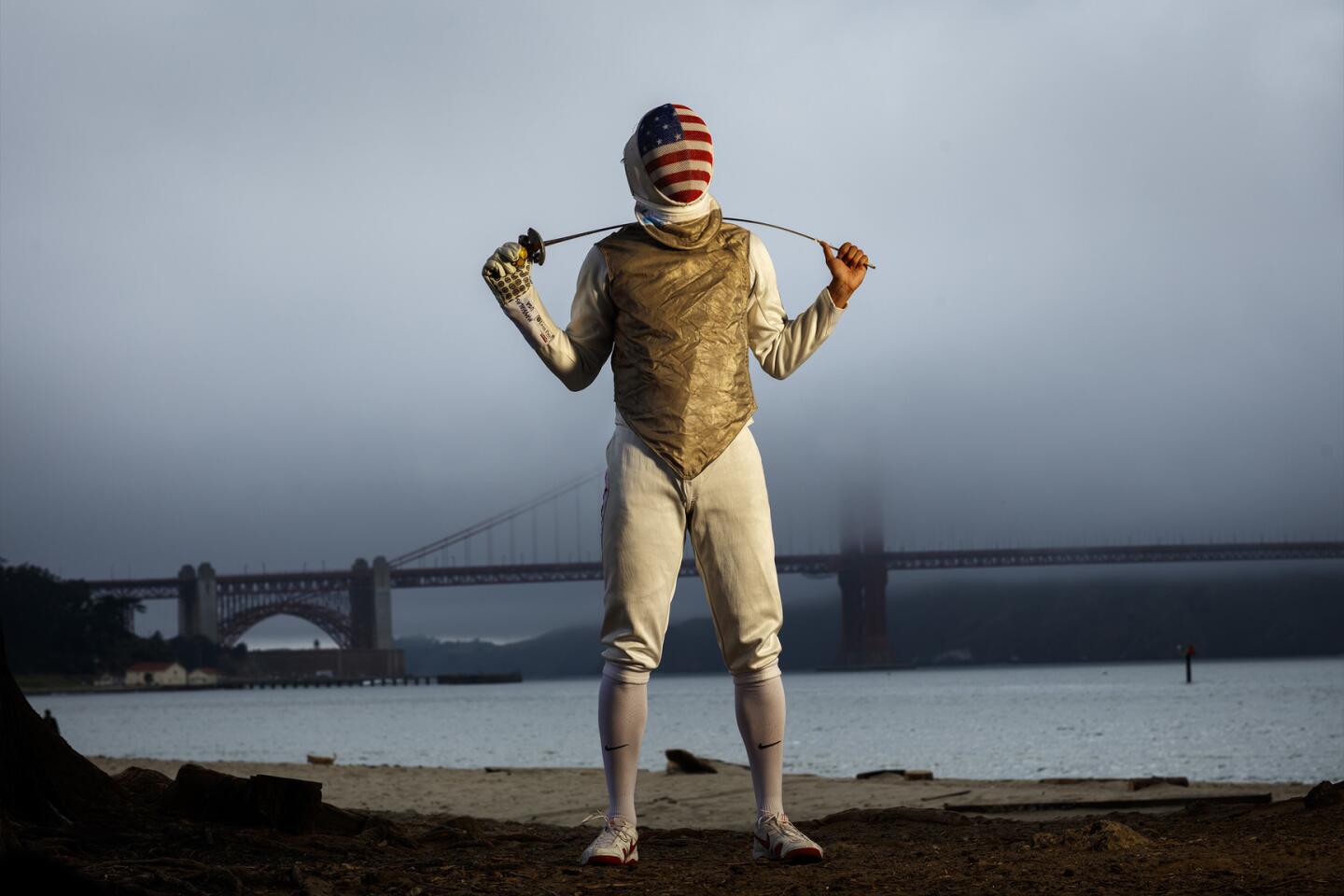Can you survive the crushing feeling of seeing your Olympic dream die?
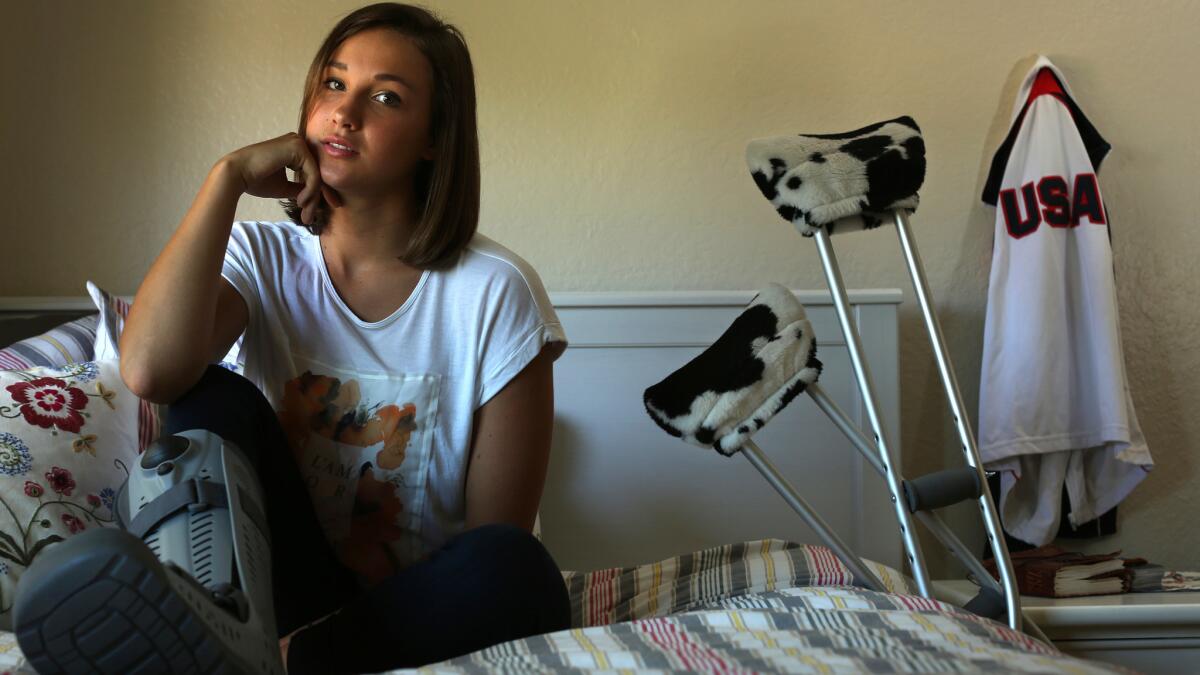
Charlotte Drury spent nearly seven years preparing for the Rio Olympics, and now she’s not sure if she’ll even watch them.
She spent the summer trying not to think about them. She watched “House” and “Gilmore Girls” in their entirety. She read books, fought back tears, and woke up every morning hoping she could move on with her life.
But she hasn’t.
The broken bone in her right ankle and the black boot covering it are a constant reminder of how close she came to representing the United States as its top trampoline gymnast.
“It was devastating, it still is devastating,” Drury said recently. “There aren’t really any words to describe what it is, but it’s kind of like I lost all my purpose in life. I gave up everything to make this dream happen.”
On Friday, thousands of athletes from around the world will march in the opening ceremony of the Rio Olympics. For most, that alone fulfills their dream. Others will not be satisfied until they compete or even better, win a medal.
But on the other side are all the athletes who had their Olympic dream shattered.
For the longest time I felt like the only reason I was worth anything was because I could go to the Olympics. ... That’s the only thing I defined myself as.
— Charlotte Drury
There’s U.S. gymnast John Orozco, who tore ligaments in his knee at the June trials and said “tragedy seems to be a recurring theme in my life.”
There’s U.S. runner Alysia Montano, who was the favorite in the women’s 800 meters until she fell on the final turn in Eugene, Ore., and finished the race well behind the pack.
And there’s Drury, a Laguna Nigel native, a onetime Olympic shoo-in whose talent let her float above the world. Now she’s left searching for who she is without a goal that became everything to her.
“For the longest time I felt like the only reason I was worth anything was because I could go to the Olympics,” Drury said. “That’s the only thing I defined myself as, that’s the only thing I cared about, it’s the only thing I valued.
“And the second that was over, and it was over in a second, just one second it was no longer happening, I was like, ‘What even am I?’”
On the day she quit artistic gymnastics at 13, Drury fixed her attention to the trampoline.
At first it felt like a hobby, something to fill the void left by the flips and tumbles she had worked on for 10 years. Then she was a natural. In 2014, she became the first American woman to win a gold medal in a World Cup.
“I think it’s just what she was meant to do,” said Peter Dodd, who coaches Drury at World Elite Gymnastics in Rancho Santa Margarita. “She was an athlete, we always knew that, but once she started on the trampoline it was just a great, great fit for her.”
As the Olympics crept up, it seemed inevitable that Drury would compete. She finished in the top 11 at a test event in Rio to earn the U.S. a spot in the Games. She was first at a U.S. trial event in Colorado Springs. When she walked into the arena in Providence, three days before the final trials in June, the first thing she did was look at the ceiling to picture her celebration.
There were red, white and blue balloons, and she thought: I’m going to do everything I can to make sure those balloons are mine. To make sure those balloons fall on me.
While warming up the day before the competition, Drury bounced off the trampoline like she had thousands of times before. As she hit the apex of her jump the entire gym came into focus. The coaches. The competition. It was all routine, until it wasn’t.
Top sports stories at this hour »
Drury was drifting left, away from the center of the trampoline, and she remembered the top lesson in the sport: falling correctly. Tuck your arms in, get both feet on the same surface, try to balance your weight. She checked all the boxes, but her right foot clipped the trampoline’s padded frame while her left foot slipped off it entirely.
Her first thought was how much it hurt. Her second was to conceal the injury because it wasn’t supposed to happen this way.
The pain sharpened overnight, and by the next morning she could barely walk on her right foot. She napped in a hospital bed that afternoon, building the energy to compete, and then her family woke her out of her Olympic dream.
“We need to tell you something,” her mother Ann said. “It’s broken and it’s not going to heal in time for Rio.”
Drury, 20, could have stayed in the hospital before catching the next flight home. Instead, she pulled on a walking boot, grabbed a pair of crutches and went to the arena.
“Mom, those balloons were supposed to be for me,” Drury said, staring at the ceiling from the stands. And then she stayed quiet as the competition unfolded.
“I literally thought my heart was just going to break,” Ann said later. “... She hung in there, and it was hard. It was really hard.”
Drury believes things happen for a reason, but hasn’t made sense of this. She keeps asking herself a simple question, the same one that haunts Orozco, Montano and all the expected Olympians who fell short:
Why me?
Drury doesn’t know if she’ll ever compete again. She wants to stay away until she misses it, and is enjoying the time off. But she does know what could pull her back in. That moment at the peak of the jump when she feels weightless, boundless and full of life.
As she describes it, her eyes widening as she leans forward, she glances at the boot on her foot and slumps back in her chair.
It clicks, and she smiles to herself. Somehow that feeling hasn’t gone anywhere at all.
“I am in mid-air. I’m stuck in that second of weightlessness,” Drury said. ‘Where you’re not up, you’re not down, you’re just there. You just have to figure out where you’re going next.”
Times staff writers Lisa Dillman and Helene Elliott contributed to this story.
MORE FROM SPORTS
Rams’ first official practice since their return to L.A. is a reality show, in the best sense
Fencer Ibtihaj Muhammad is about to make U.S. Olympic history
Reading the waves: U.S. Open of Surfing hopes for big swells for quarterfinals
Go beyond the scoreboard
Get the latest on L.A.'s teams in the daily Sports Report newsletter.
You may occasionally receive promotional content from the Los Angeles Times.
